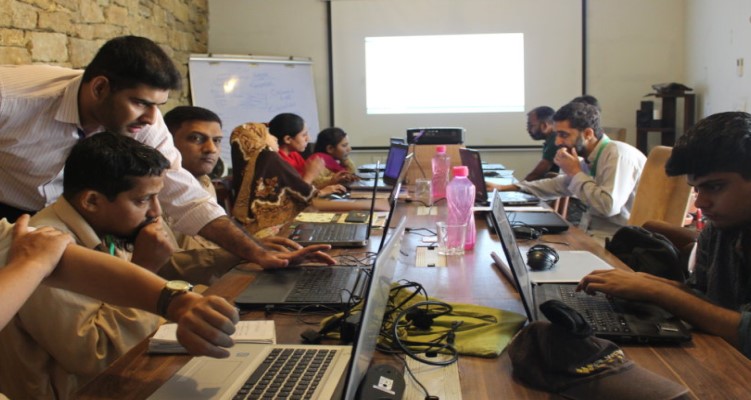Project Proposal
Project Proposal for Lobbying for Accessibility Rights
This project proposal outlines a strategic lobbying campaign by a Human Rights welfare society to advocate for the incorporation of accessibility requirements in relevant laws and regulations.
For getting a complete proposal you can contact us at
Contact: gdn100@gmail.com / What’s App Us:+923082792040 and pay the price of your desired project.
Product Description
Introduction:
This project proposal outlines a strategic lobbying campaign by a Human Rights welfare society to advocate for the incorporation of accessibility requirements in relevant laws and regulations. The aim of this project is to raise awareness among policymakers about the importance of accessibility and advocate for the rights of disabled individuals to equal access to public spaces, transportation systems, and buildings.
Objectives:
1. Advocate for the incorporation of accessibility requirements in urban planning, public infrastructure development, transportation systems, and building regulations.
2. Raise awareness among policymakers about the barriers faced by disabled individuals due to the lack of accessibility.
3. Provide evidence-based arguments and recommendations in support of accessibility legislation.
4. Collaborate with lawmakers, government officials, and policymakers to enact and enforce accessibility laws and regulations.
5. Strengthen the voice of disabled individuals in the lobbying process through collaboration and consultation.

Activities:
1. Research:
– Conduct a comprehensive analysis of existing laws and regulations related to accessibility.
– Identify gaps and areas for improvement in current legislation.
– Collect data on the impact of inaccessible environments on disabled individuals’ lives.
– Gather evidence and case studies highlighting successful accessibility initiatives in other regions or countries.
2. Lobbying Strategy:
– Develop a targeted lobbying strategy to engage lawmakers, government officials, and policymakers at local, regional, and national levels.
– Identify key decision-makers and stakeholders who can influence accessibility policies.
– Establish relationships with these individuals through meetings, networking events, and regular communication.
3. Advocacy Materials:
– Create information packets, fact sheets, and position papers highlighting the importance of accessibility and providing evidence of its benefits.
– Develop visually compelling materials, such as infographics or videos, to communicate the message effectively.
– Translate these materials into multiple languages to promote inclusivity and accessibility.
4. Public Engagement:
– Organize awareness campaigns and public events to engage the wider community in discussions on accessibility.
– Conduct workshops and seminars for disabled individuals, educating them about their rights and empowering them to advocate for accessibility.
– Facilitate public consultations to gather input and feedback on proposed accessibility legislation.

5. Coalition Building:
– Collaborate with disability rights organizations, community groups, and other stakeholders to amplify the advocacy efforts.
– Establish partnerships with relevant organizations to leverage their resources, expertise, and networks.
– Create a coalition of diverse voices to build a strong, collective advocacy front.
6. Media Outreach:
– Develop a media strategy to raise awareness about the campaign and promote the importance of accessibility.
– Issue press releases, organize press conferences, and pitch stories to media outlets to garner coverage.
– Utilize social media platforms and digital marketing tools to reach a wider audience and engage with policymakers.
7. Monitoring and Evaluation:
– Regularly monitor legislative developments related to accessibility.
– Evaluate the impact of the lobbying efforts by assessing changes in policies and regulations.
– Continuously gather feedback from disabled individuals, stakeholders, and policymakers to refine and adapt the campaign approach.
Budget:
The budget for this lobbying project will depend on the scale of activities, duration, and region or country. An estimate budget breakdown is as follows:
1. Research: $10,000
2. Lobbying Strategy: $8,000
3. Advocacy Materials: $5,000
4. Public Engagement: $7,000
5. Coalition Building: $5,000
6. Media Outreach: $5,000
7. Monitoring and Evaluation: $3,000
8. Administrative Costs: $2,000
Total Budget: $45,000





Reviews
There are no reviews yet.